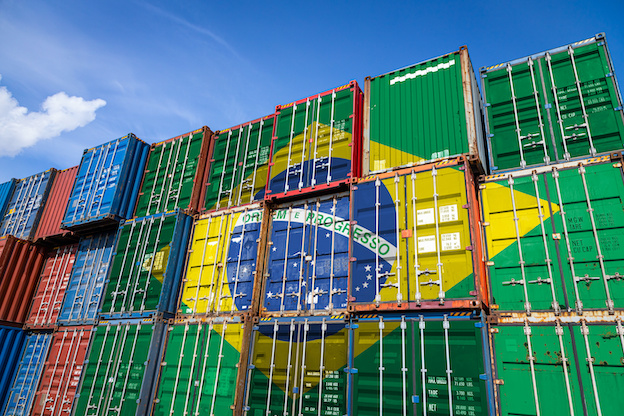
A fintech helps a corporate cut hours on tax payments, allowing faster delivery and freeing up staff.
The first thing a treasury professional learns about business realities in Brazil is that there are a lot of taxes and they take many hours to process. The space is ripe for disruption, and a fintech called Dootax is doing just that.
- At a recent meeting of NeuGroup’s LatAm Treasury Peer Group, a member from a megacap multinational shared the progress of a project to automate certain tax payments related to the sale of equipment in Brazil. The local value-added tax (VAT) is a major priority.
- The COVID pandemic has raised the pressure to deliver machinery on time, and the multistep tax process was manual and time-consuming, delaying deliveries unnecessarily.
Automation transformation. The member’s multiyear effort to reduce, streamline and automate payments in the entire LatAm region was spearheaded out of a regional shared service center in Mexico. Brazilian fintech Dootax was selected to help automate the process involving the payment of several different local taxes. The new processes:
- Increase accuracy.
- Eliminate a vast number of banking platforms (ensuring better controls and fewer bank accounts and signers).
- Provide a platform for real-time metrics.
- Enable faster payments (and consequently faster product delivery).
Big savings. Time savings have been enormous: In the Brazilian VAT (ICMS) example the member shared, the old process, from order to shipping, took four hours and was subject to regular office hours. The new one is an automated Dootax process taking at most 30 minutes and is “open” 24/7:
When a product delivery is requested and an invoice created, the generation of the slip for the ICMS is initiated. This step was incorporated into the automated process that has eliminated touch points, or human intervention, for:
- Recording the ICMS in the ERP.
- Funding requests requiring review and approval.
- Creating the payment in the system.
- Initiating the payment in a bank platform, which also requires review and approval.
- Sending ICMS payment proof to the warehouse so it can ship the product. Digital signatures add more speed in a country where signatures are often delivered by couriers on motorbikes.
The human factor. The company is currently using automated tax payments for two different ICMS taxes and one federal income tax, freeing up a total of six full-time employees from the treasury or business side.
- Automation can be a tough sell if people feel they will lose their jobs. The member was able to reassign treasury resources to higher-value tasks that are seen as more interesting and career-promoting, helping get the team to embrace changes and automation. These opportunities should be communicated well to those potentially impacted by the new processes.


